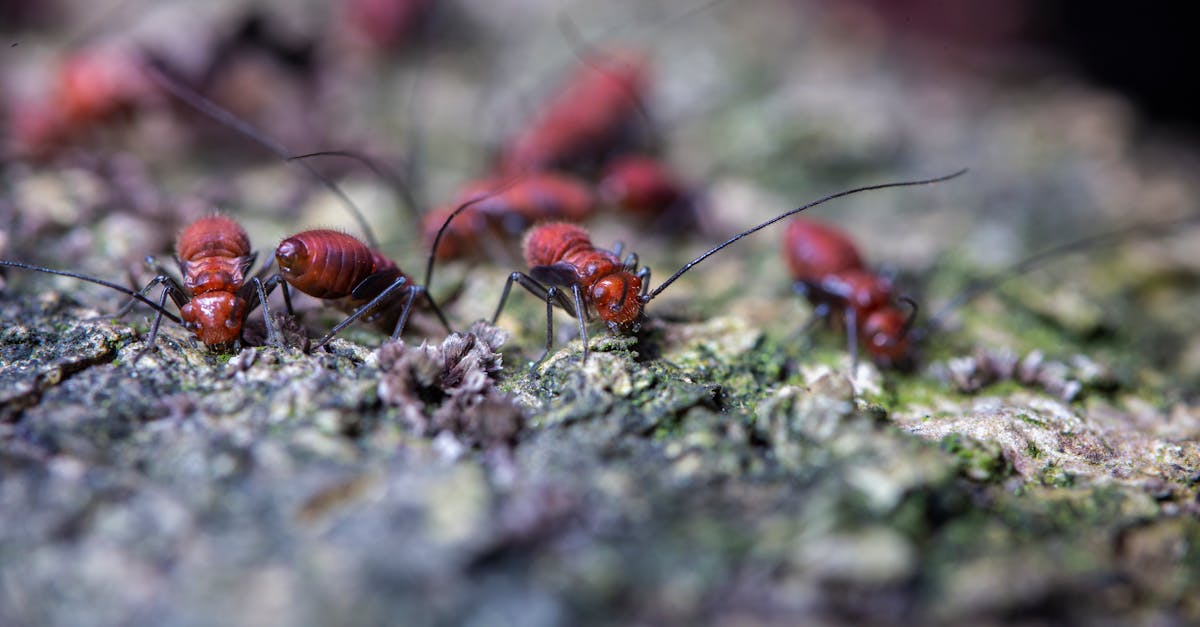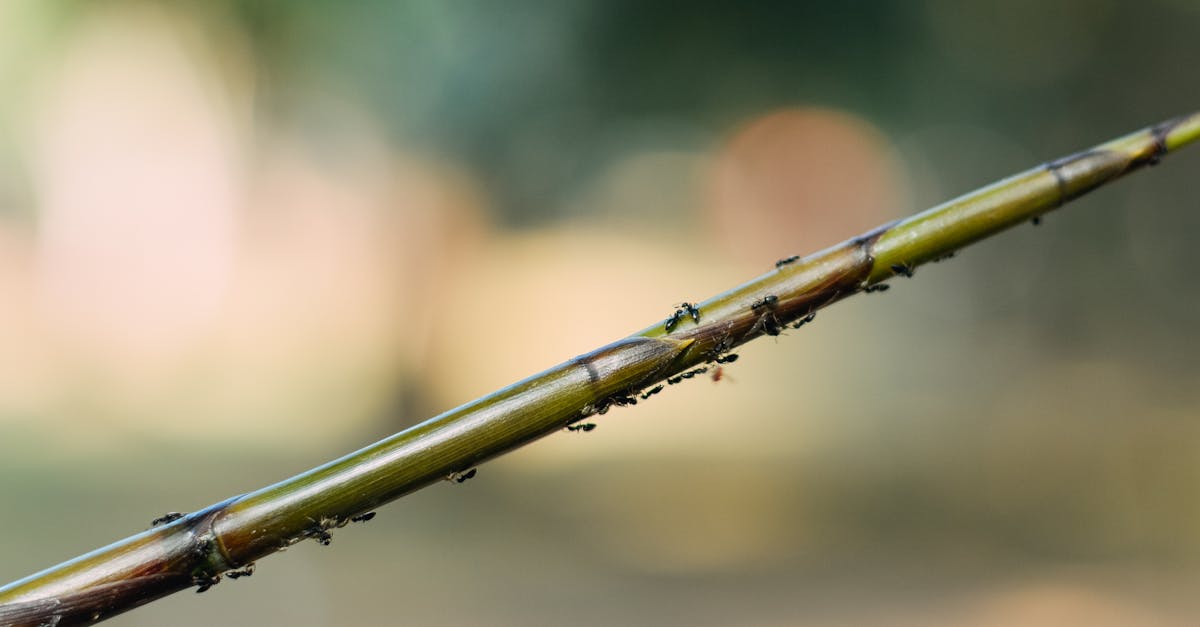A Tiny World of Wonder: My Ant Adventure Begins
Ever wonder why some people choose the most unconventional pets? Well, I’ve been there, and let me tell you, it’s funny how life can lead you down unexpected paths. Picture this: you’re sitting at home, scrolling through endless cute cat videos, when suddenly, an article about keeping ants as pets catches your eye. That’s when I realized, I had stumbled upon a fascinating and often overlooked hobby.
I’ve always thought of ants as mere picnic spoilers or garden invaders. However, the more I delved into the world of ant-keeping, the more I was struck by their complexity and charm. As someone who loves exploring new hobbies, I couldn’t help but notice the unique appeal of these tiny creatures. Here’s a quick story: the other day, I was watching an ant colony build intricate tunnels, and I was mesmerized by their teamwork and efficiency. It’s clear that ants are much more than just pests.
Interestingly enough, keeping ants as pets offers a window into a miniature society, complete with its own rules, roles, and routines. In my own life, I’ve come to realize that these industrious insects can teach us a lot about cooperation, resilience, and even leadership. So, if you’re like me and looking for a new and exciting hobby, let’s dive into the world of ant-keeping together.
The Allure of Ant-Keeping: Why Ants Make Great Pets
If you’ve ever wondered why anyone would choose ants as pets, let me share some insights from my own experience. I’ve often thought about the benefits of having low-maintenance pets, and ants fit the bill perfectly. They don’t require daily walks, grooming, or expensive food. In fact, their care is surprisingly simple and cost-effective.
Here’s a funny thing: ants are incredibly clean creatures. They have designated areas for waste, and they work tirelessly to keep their colony tidy. This means you won’t have to deal with unpleasant odours or messy cages. Plus, watching them maintain their environment can be quite therapeutic.
Another advantage of keeping ants is the educational aspect. From my point of view, observing an ant colony can be a fascinating way to learn about biology, ecology, and even social structures. If you have kids, it’s a fantastic opportunity to spark their curiosity and teach them about the natural world.
What’s surprising is how engaging and entertaining ants can be. I was just thinking about how much time I spend watching my ant farm, and it’s become a delightful part of my daily routine. The way they communicate, forage, and build their nests is endlessly captivating. It’s no surprise that many people find themselves hooked on this hobby.
Starting Your Ant-Keeping Journey: What You Need to Know
So, you’re intrigued by the idea of keeping ants as pets. Great! Let’s talk about how to get started. Speaking from experience, the first step is choosing the right species. There are thousands of ant species, but not all of them are suitable for beginners. I for example, started with the Lasius niger, or black garden ant, which is known for its hardiness and adaptability.
Once you’ve chosen your species, you’ll need to set up their habitat. This typically involves an ant farm or formicarium, which can be purchased online or made at home. If you ask me, starting with a simple setup is the best way to learn the ropes. You’ll also need a test tube setup for the queen ant, which will serve as her temporary home until the colony grows.
Here’s a list of basic supplies you’ll need:
- Ant farm/formicarium: A transparent container with a sand or gel substrate.
- Test tube setup: For housing the queen ant initially.
- Food: Sugar water, honey, and protein sources like insects or egg yolk.
- Water source: A small water dispenser or cotton ball soaked in water.
It’s safe to say that patience is key when starting your ant-keeping journey. Ant colonies take time to grow, and it can be weeks or even months before you see significant activity. But trust me, the wait is worth it.
The Joy of Watching Ants: Daily Observations and Surprising Discoveries
One of the most rewarding aspects of keeping ants is the opportunity to observe their daily activities. I’ve come to realize that ants are incredibly industrious and resourceful creatures. From foraging for food to building intricate tunnel systems, there’s always something fascinating happening in the ant farm.
Here’s a funny thing: ants use pheromones to communicate, leaving scent trails to guide their fellow ants to food sources. I was struck by how quickly they can locate and transport food back to the nest. It’s like watching a well-coordinated dance, and it never gets old.
If you’re like me, you’ll find yourself spending hours watching your ants and learning about their behaviour. Here are some interesting behaviours to look out for:
- Foraging: Ants leave the nest in search of food, often forming long trails.
- Trophallaxis: The process of ants sharing food mouth-to-mouth, which helps distribute nutrients throughout the colony.
- Nest building: Ants dig and construct intricate tunnel systems, constantly expanding their home.
- Brood care: Worker ants tend to the eggs, larvae, and pupae, ensuring the next generation is well cared for.
What’s surprising is how much you can learn from these tiny creatures. I’ve learned that ants are masters of teamwork and efficiency. They work together seamlessly, each ant playing a specific role to ensure the colony’s survival. It’s a powerful reminder of the importance of cooperation and community in our own lives.
Ant-Keeping Challenges: Overcoming Common Obstacles
While keeping ants as pets is incredibly rewarding, it’s not without its challenges. I’ve often thought about the potential pitfalls and how to overcome them. Here are some common obstacles you might encounter and tips on how to address them.
Escape Artists
Ants are notorious for escaping their enclosures. It’s important to ensure your ant farm is secure and escape-proof. I’ve learned that applying a thin layer of petroleum jelly around the edges of the enclosure can help prevent escapes. Additionally, regularly checking for any cracks or gaps is crucial.
Mould and Fungus
Mould and fungus can be a problem in humid environments. It’s interesting that ants are quite sensitive to these issues, and a mouldy nest can be detrimental to the colony’s health. To prevent mould, ensure proper ventilation and avoid overwatering the substrate. If mould does appear, carefully remove the affected area and replace it with fresh substrate.
Food and Water
Providing the right food and water is essential for a healthy ant colony. I was just thinking about how ants have specific dietary needs, and it’s important to offer a balanced diet. Sugar water and honey provide carbohydrates, while protein sources like insects or egg yolk are necessary for growth and reproduction. Ensure a constant water source, but be cautious of drowning hazards. A soaked cotton ball works well for hydration.
Colony Growth
Ant colonies grow slowly, and it can be frustrating to see little progress. Patience is key, and it’s important to remember that it takes time for the queen to lay eggs and for the colony to expand. If you’ve ever felt discouraged, know that it’s a normal part of the process. Regularly observing and caring for your ants will eventually lead to a thriving colony.
The Unexpected Benefits of Ant-Keeping: Life Lessons and Personal Growth
Interestingly enough, keeping ants has taught me valuable life lessons and contributed to my personal growth. It’s no surprise that observing these tiny creatures has had a profound impact on my perspective.
Patience and Perseverance
Watching an ant colony grow requires patience and perseverance. I’ve come to realize that good things take time, and the slow but steady progress of my ants has been a powerful reminder of this. It’s a lesson that extends beyond ant-keeping and applies to many aspects of life.
Teamwork and Cooperation
Ants are the epitome of teamwork and cooperation. Each ant plays a specific role, and their collective efforts ensure the colony’s survival. From my point of view, this has been a valuable reminder of the importance of working together towards a common goal. It’s a lesson that has positively influenced my interactions with others.
Mindfulness and Observation
Keeping ants has encouraged me to be more mindful and observant. I’ve learned that paying attention to the small details can reveal a world of wonder. This practice of mindfulness has helped me appreciate the beauty in everyday moments and find joy in the little things.
Responsibility and Care
Caring for an ant colony requires responsibility and attention to detail. It’s a commitment that has taught me the importance of consistency and dedication. If you ask me, these qualities are essential for personal growth and success in any endeavour.
Ready to Start Your Ant-Keeping Adventure?
If you’re like me and intrigued by the idea of keeping ants as pets, there’s something to be said for taking the plunge and starting your own ant-keeping journey. It’s a hobby that offers endless fascination, valuable life lessons, and a unique connection to the natural world.
To get started, here’s a quick checklist:
- Choose your ant species: Start with a beginner-friendly species like Lasius niger or Formica fusca.
- Set up your habitat: Purchase or create an ant farm/formicarium and prepare a test tube setup for the queen.
- Gather supplies: Ensure you have food, water, and necessary equipment for your ants.
- Acquire your ants: Purchase a queen ant and her initial workers from a reputable source.
- Observe and learn: Spend time observing your ants and learning about their behaviour and needs.
As I see it, there’s no better time to embark on this fascinating and rewarding hobby. Whether you’re a seasoned pet owner or new to the world of unconventional pets, keeping ants offers a unique and enriching experience. So, why not give it a try and discover the tiny world of wonder that awaits you?
Happy ant-keeping! 🐜









